
The Free Press

Two and a half years ago, a member of Britain’s parliament was murdered in a church in southeast England where he was meeting his constituents. Ali Harbi Ali, a 25-year-old who called himself a soldier of the Islamic State, said “Sorry” to David Amess before pulling a knife from his pocket and stabbing the Conservative lawmaker repeatedly in the stomach. When two constituents heard Amess’s screams and rushed into the room, Ali said simply, “I’ve killed him.”
In an interview with police after his arrest, Ali said that a month before the attack, he had visited the constituency of Mike Freer, another Conservative MP, armed with the intent to harm.
“That’s when I bought the stab vest,” Freer tells me over the phone from his home in his constituency of Finchley and Golders Green, a leafy corner of northwest London once represented by Margaret Thatcher and home to one of the UK’s largest Jewish communities.
Last week, Freer, 63 and a justice minister in the British government, took an even more dramatic measure to protect his safety. He announced that he will be stepping down at the next election because of the “intolerable stress” on his husband and extended family from the “several serious threats to my personal safety.”
Freer, who was attending a meeting in central London at the time Ali visited his office, said he escaped the attack “by the skin of his teeth.”
“Just walking across the road to get a can of Coke could have been fatal,” Freer said.
It isn’t just the near-miss with Ali. Freer said that during his 14 years in parliament he has seen an escalation of abuse, intimidation, and threats. The most recent incident came last Christmas Eve, when his office—the same building once used by Thatcher—was set ablaze in an arson attack that Freer says “melted the phones, melted the computer screens, and caused the ceiling to collapse.” Paul Harwood, 42, and Zara Kasory, 32, have been charged with arson and are awaiting trial. The police have not given a possible motive for the attack but said it is not being treated as a hate crime.
“The arson attack was the final straw,” Freer said when we spoke over the phone shortly after his announcement last week. “It just made me think ‘God, this is all getting too much.’ ”
Freer’s decision to prioritize his family’s well-being is a depressing sign of the times: a gay conservative justice minister hounded out of office by threats of violence, including from Islamist extremists. What’s more, it suggests the assassin’s veto—the use of violent threats to silence speech—is alive and well in the UK.
The same week Freer declared he did not feel safe to continue as an MP, Stephen Pollard, the former editor of The Jewish Chronicle, Britain’s leading Jewish newspaper, revealed that he too had been targeted by Islamists and had relied on police protection for years. On Sunday, a theater in central London canceled a pro-Israel event with the journalist and Free Press contributor Douglas Murray, citing threats to employees. Accusing the theater of “cowering to a campaign of intimidation,” Murray said in a post on X that “We have arrived at the point where theaters in London no longer feel safe to support free speech—or at least not when the subject is about Jews or Israel.”
MPs have been a focus of Islamist intimidation and violence in recent years. In 2010, Labour MP Stephen Timms was the first UK lawmaker targeted. A 21-year-old student named Roshonara Choudhry stabbed him twice in the abdomen at an East London community hall, later telling police she had wanted to “punish” the politician for voting for the invasion of Iraq. (Amess’s killer said he had targeted MPs who had voted for air strikes against ISIS in Syria.) The following year, Islamist group Muslims Against Crusades posted a picture of Freer on their website with the message “Let Stephen Timms be a warning.”
In 2011, while Freer was meeting with constituents at a local mosque, members of Muslims Against Crusades burst in and called him a “Jewish homosexual pig” and accused him of “defiling the house of Allah.” Freer, who is not Jewish, was forced to retreat into a back room at the mosque until police came to his aid. At the time, Freer was not public about his sexuality, and only spoke openly about it in debates over same-sex marriage two years later.
The next time he visited the mosque, he required police protection. “They could only shout at me on the way in and out that time,” he told me. (The British government has since banned Muslims Against Crusades, making membership in the group a criminal offense.)
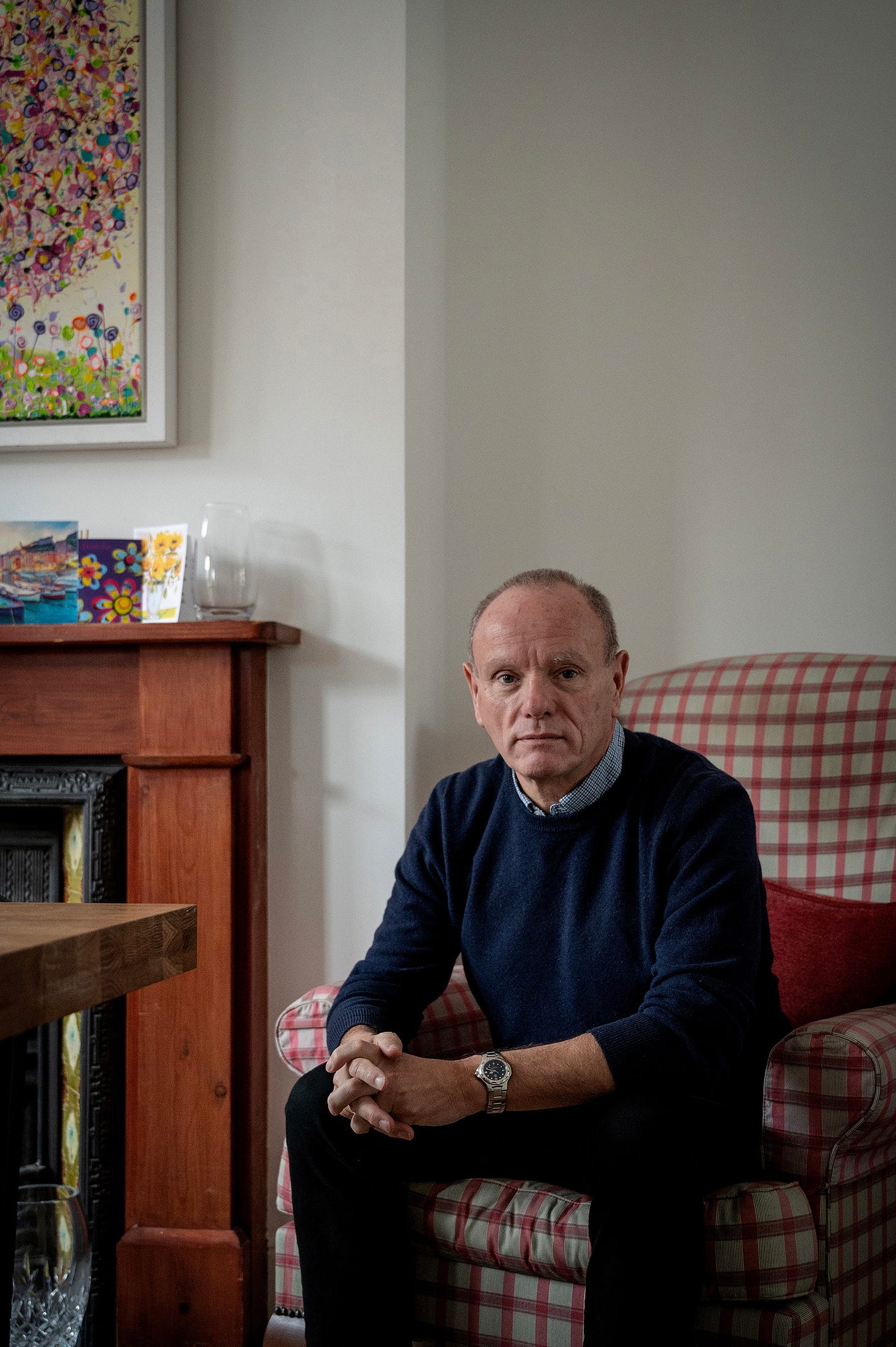
MPs on both sides of the aisle have complained of a coarsening political culture and increasingly nasty interactions with constituents. In 2016, the Labour MP Jo Cox was murdered by a far-right extremist.
So it’s unsurprising that Freer is spooked, especially as he has had to endure a particularly brutal level of abuse and intimidation.
I asked him why he thought he had become a target.
“I get abuse for standing up for my constituents on antisemitism and Israel,” he said of the individuals and groups who have harassed him. “They also clearly take offense at my views on the Middle East.”
Freer is a robust supporter of Israel, and Jews make up around 20 percent of the voters in his district—a higher proportion than in any other constituency in the country.
And since October 7, “there has been an uptick in terms of polarization,” he says.
He said his Jewish constituents have also felt greater fears for their safety since Hamas’s attack on Israel, as anti-Israel protesters have taken to London’s streets almost weekly, waving antisemitic posters while shouting genocidal chants like “from the river to the sea.” In November, protesters intimidated Jewish families outside a synagogue in North London, with police having to escort congregants away in groups. Antisemitic hate crimes in London rose by 1,350 percent immediately after October 7, according to police.
“Many of my Jewish constituents won’t go to central London on a Saturday when there’s one of these big demonstrations. They feel it is not safe for them,” Freer told me.
They have reason to be worried. Last February, British Security Minister Tom Tugendhat revealed that criminal gangs in the UK are being hired by the Iranian regime to “map” British Jews as a “preparation for lethal operations.” This includes murdering high-profile British Jews as retribution in the event that Israel attacks Iran, Tugendhat said.
And last month, Britain’s head of counterterrorism said that the Israel-Gaza war has brought with it a rising threat of Islamist violence.
In addition to the stab vest, Freer is now protected by private security at some of his events, and he makes sure he meets with his constituents in rooms with two doors, in case he needs to make a quick escape. At home, Freer now has “security lighting, front and back, I have a doorbell that allows me to see who is at the door. My letterbox is sealed up. . . . All of my windows have been replaced with security windows. I have to have shutters on the windows so that people can’t see in and there’s now a panic button in every room.” He took similar measures at his constituency office—although they failed to prevent last year’s arson attack.
Freer said there is a “heightened level of anxiety” for his husband Angelo, a 63-year-old high school math teacher, about going anywhere on foot or on public transport. He describes to me the constant vigilance and precautions he now has had to take for himself. “Whenever I park at night, I am careful to look around to see if there’s anybody lurking,” he tells me. “It just grinds you down, but what’s more important is the impact on my husband.”
Alongside all this, Freer has to endure what he refers to as “the routine stuff you just take on the chin these days”—not just online abuse but someone harassing him in a shopping mall, leaving threatening notes on his car, or “mock Molotov cocktails on the office doorstep.”
Only last week, after he announced his departure from parliament, a constituent called the office and threatened him, saying, “We’re coming for you, you cunt.” Freer said he and his staff traced the number back to a man who once turned up at the office saying he had a gun.
Freer said the man was “probably someone with mental health issues and he probably hasn’t got a gun. But my staff don’t know that. And why should they have to deal with someone turning up with a knife or a gun or trying to set fire to their office?”
Until the next election is announced, Freer will continue to serve in parliament. And he has told his staffers that if an attack happens, their job is not to protect him.
“Their job is to run,” he said. “You know, they’re not my bodyguards.”
For all the threats to his own safety, Freer—who belongs to his party’s liberal wing—is clearly reluctant to paint the entire city as dangerous. He told me that he doesn’t “want people to join the dots and come to the wrong conclusion,” adding that “London is still a safe and vibrant community.”
After Freer announced his resignation, British Prime Minister Rishi Sunak said he was “extremely saddened” by the decision, calling the threats against Freer “not just an attack on him but an attack on British democracy.” Sunak’s statement echoed those given after Amess’s murder two and a half years ago. But, beyond vague pledges by politicians to crack down on social media trolls, next to nothing was done in the intervening months to address the problem of political, often Islamist, violence.
Even as he heads for the exits, Freer, with British understatement, attempts to downplay the forces that have pushed him out of his job. When I ask him whether he thinks any of his parliamentary colleagues will avoid standing up for Israel—or against antisemitism—in the face of these dangers, he bristles at the suggestion: “No, no, I think most of us would take the contrary view. I’ve been very clear that I won’t be intimidated to be quiet on things I believe in.”
Except for the fact that you’re stepping down, I point out.
“True. True. Well, certainly not in parliament. Certainly not in the House of Commons, but it doesn’t mean I won’t continue to advocate for Israel and the Jewish community. So it’s a fair point. I suppose in some ways they have silenced me, but there you go.”
Oliver Wiseman is a senior editor for The Free Press. Follow him on X (formerly Twitter) @ollywiseman. And read Rupa Subramanya’s Free Press piece “British Police ‘Are Giving in to the Mob.’ ”
Become a Free Press subscriber today:

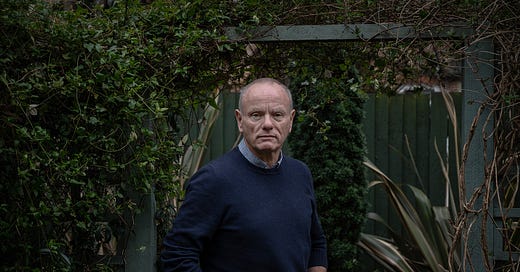


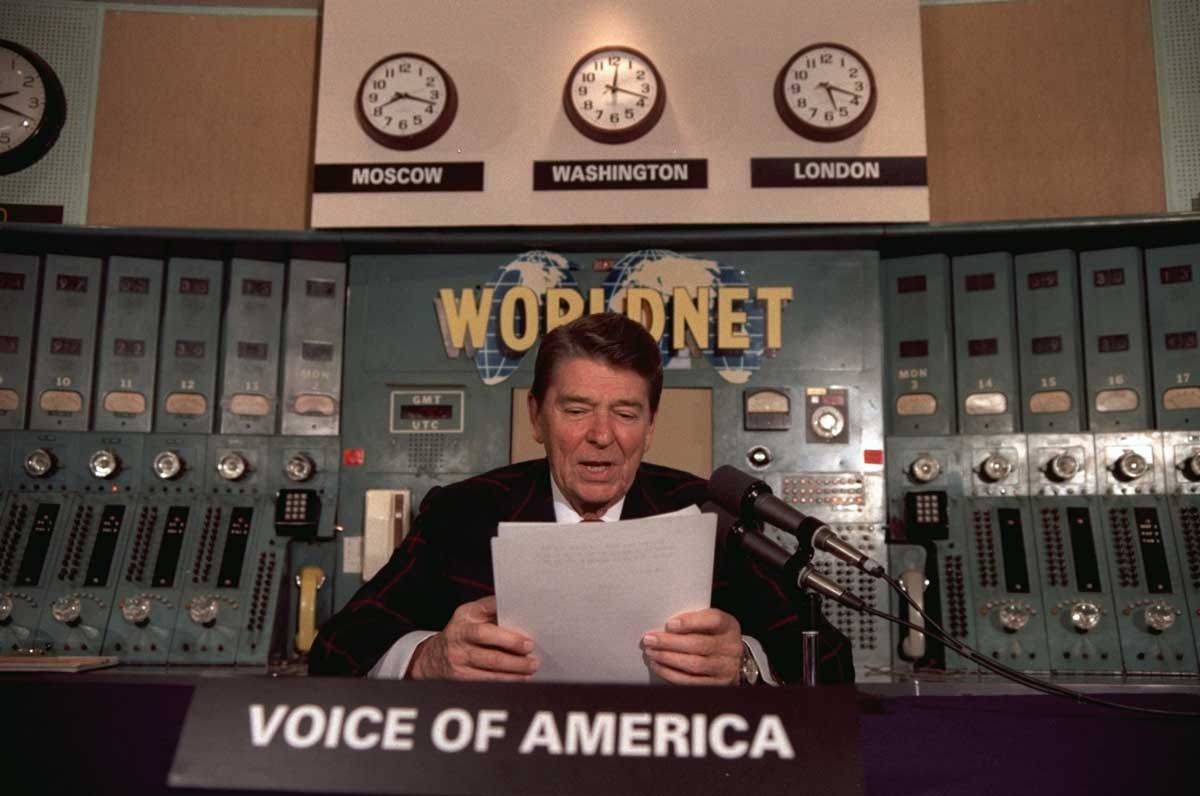

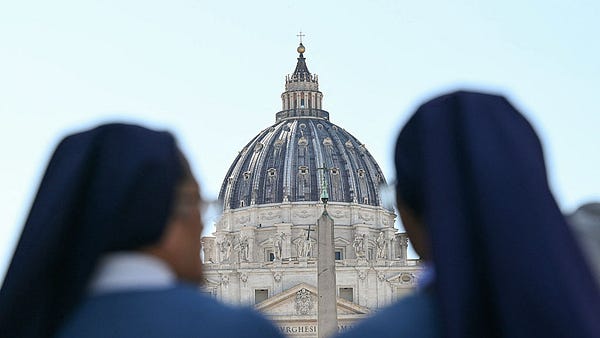

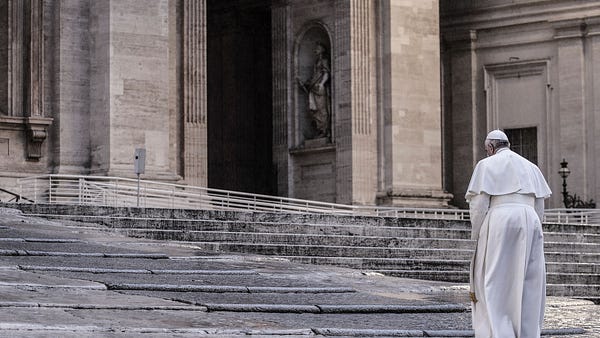

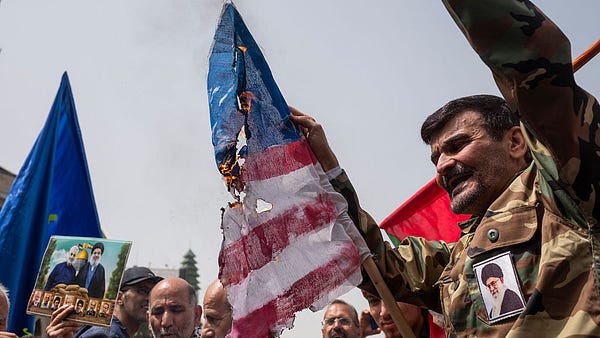

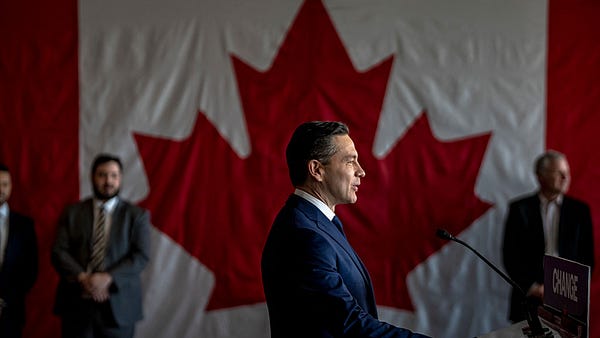

Here’s an irony folks: when my JEWISH grandparents came to the United States they chose to learn English, to embrace the American culture, to not talk their native language even at home. That’s how important it was to them to BECOME AMERICANS. And now, those who immigrate to the United States and who hate Jews, for being Jews, do not care to learn English or to embrace the American culture as my grandparents did. But they do insist upon having the freedom to protest Israel, all Jews, and much of what made them come to the United States. Does anyone else think we are now in great danger in our own homes and businesses and country?
It's too late for Britain. Their society has been in effect neutered by political correctness in toxic doses. But just for the sake of nostalgia it's useful to recall what Churchill wrote in 1899, way before Israel existed.
"How dreadful are the curses which Mohammedanism lays on its votaries! Besides the fanatical frenzy, which is as dangerous in a man as hydrophobia in a dog, there is this fearful fatalistic apathy. The effects are apparent in many countries. Improvident habits, slovenly systems of agriculture, sluggish methods of commerce, and insecurity of property exist wherever the followers of the Prophet rule or live. A degraded sensualism deprives this life of its grace and refinement; the next of its dignity and sanctity. The fact that in Mohammedan law every woman must belong to some man as his absolute property – either as a child, a wife, or a concubine – must delay the final extinction of slavery until the faith of Islam has ceased to be a great power among men. Thousands become the brave and loyal soldiers of the faith: all know how to die but the influence of the religion paralyses the social development of those who follow it. No stronger retrograde force exists in the world. Far from being moribund, Mohammedanism is a militant and proselytizing faith. It has already spread throughout Central Africa, raising fearless warriors at every step; and were it not that Christianity is sheltered in the strong arms of science, the science against which it had vainly struggled, the civilisation of modern Europe might fall, as fell the civilisation of ancient Rome.